U.S. Trainer: Afghan War Trend Worse Than Iraq
 Wednesday, March 12, 2008 at 02:35PM
Wednesday, March 12, 2008 at 02:35PM 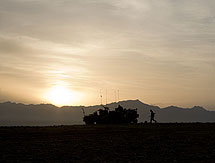 The tide of the war in Afghanistan is running against the United States and its allies, in contrast to an improving trend in Iraq, a U.S. military official and counter-insurgency expert said on Wednesday.
The tide of the war in Afghanistan is running against the United States and its allies, in contrast to an improving trend in Iraq, a U.S. military official and counter-insurgency expert said on Wednesday.
"Afghanistan (is) in my eyes an under-resourced war, a war that needs a whole lot more advisers, a whole lot more economic aid," Lieutenant Colonel John Nagl told a security conference in Stockholm.
"This war is the war I'm concerned about, a war in which the United States very much needs the help of our friends."
Nagl commands the 1st battalion of the 34th armored regiment at Fort Riley, Kansas, training U.S. transition teams that embed with Iraqi and Afghan security forces.
He was part of the writing team that produced the U.S. military's manual on counter-insurgency, which is credited with transforming its approach to both conflicts with a new emphasis on winning over local populations and marginalizing insurgents.
Speaking to reporters, he drew a sharp contrast between developments in the two countries.
"My analysis is that al Qaeda in Iraq has essentially been defeated. That doesn't mean they can't come back but they really played their cards enormously poorly, I think," Nagl said.
He said the turning of Sunni tribal leaders against al Qaeda, and the merging of their militia into government security forces, were important signs of progress.
MOMENTUM MATTERS
"The trends are moving in our direction, and momentum matters in a counter-insurgency campaign because it's ultimately a struggle for the support of the people and the people can sense which way the tide is going," Nagl said.
In Afghanistan, he said, "the trends are not in the right direction. The number of suicide attacks was up dramatically in 2007, 2007 was a record year for opium production (which) obviously funds the larger Pashto-based insurgency."
Afghanistan has faced rising violence in the past two years, the bloodiest period since U.S.-led and Afghan forces overthrew the Taliban government in late 2001.
Washington is pressing reluctant European allies to do more to help combat a resurgent Taliban in the more volatile south and east of the country, an issue expected to loom large at NATO's April 2-4 summit in Bucharest. More than 50,000 foreign troops are stationed in Afghanistan, but the United States alone has more than three times that number in Iraq.
Nagl listed a catalogue of challenges in Afghanistan, including its harsh climate and terrain, its lack of centralized government in the past 30 years, the destruction of roads and other basic infrastructure, and the state of its army.
"I've worked with the Afghan security forces a little bit. I find them to be diligent and dedicated and trainable (but) not particularly well educated ... The Iraqi security forces are far more advanced than are the Afghans," he said.
"The Taliban did extraordinarily harmful things to the intelligentsia of the country. The people you need to run a country no longer exist."

























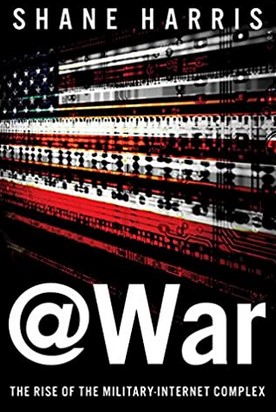




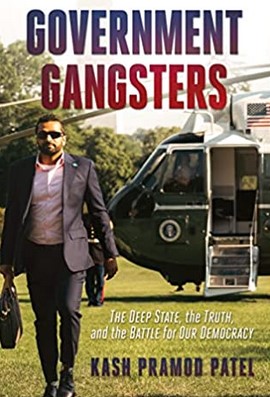
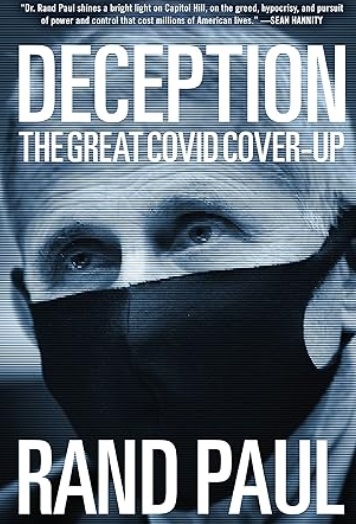







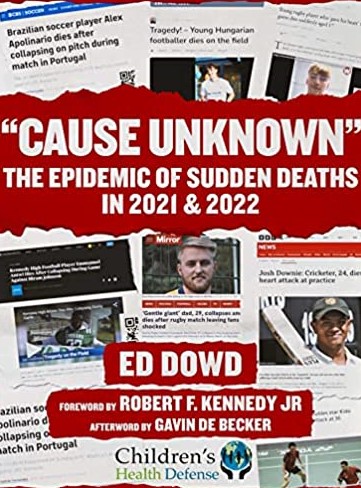

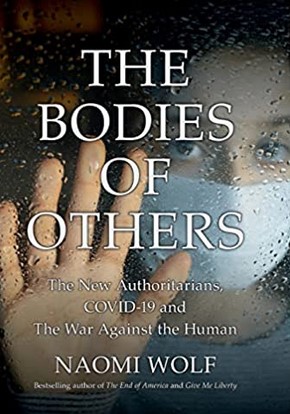
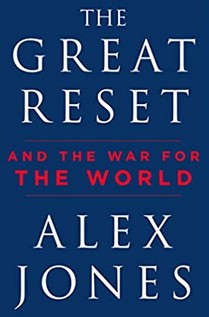










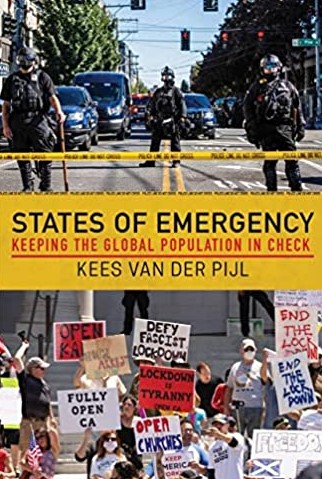










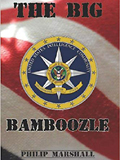
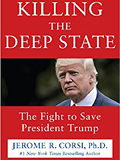

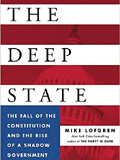
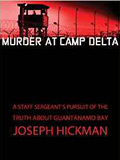



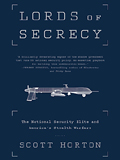



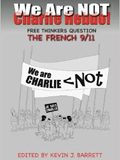



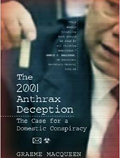


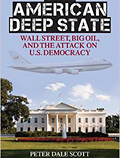

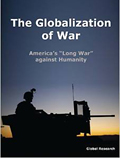
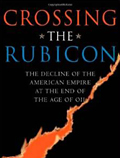
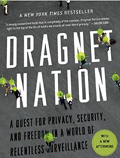
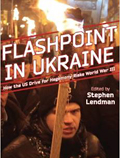



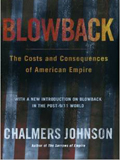








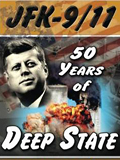




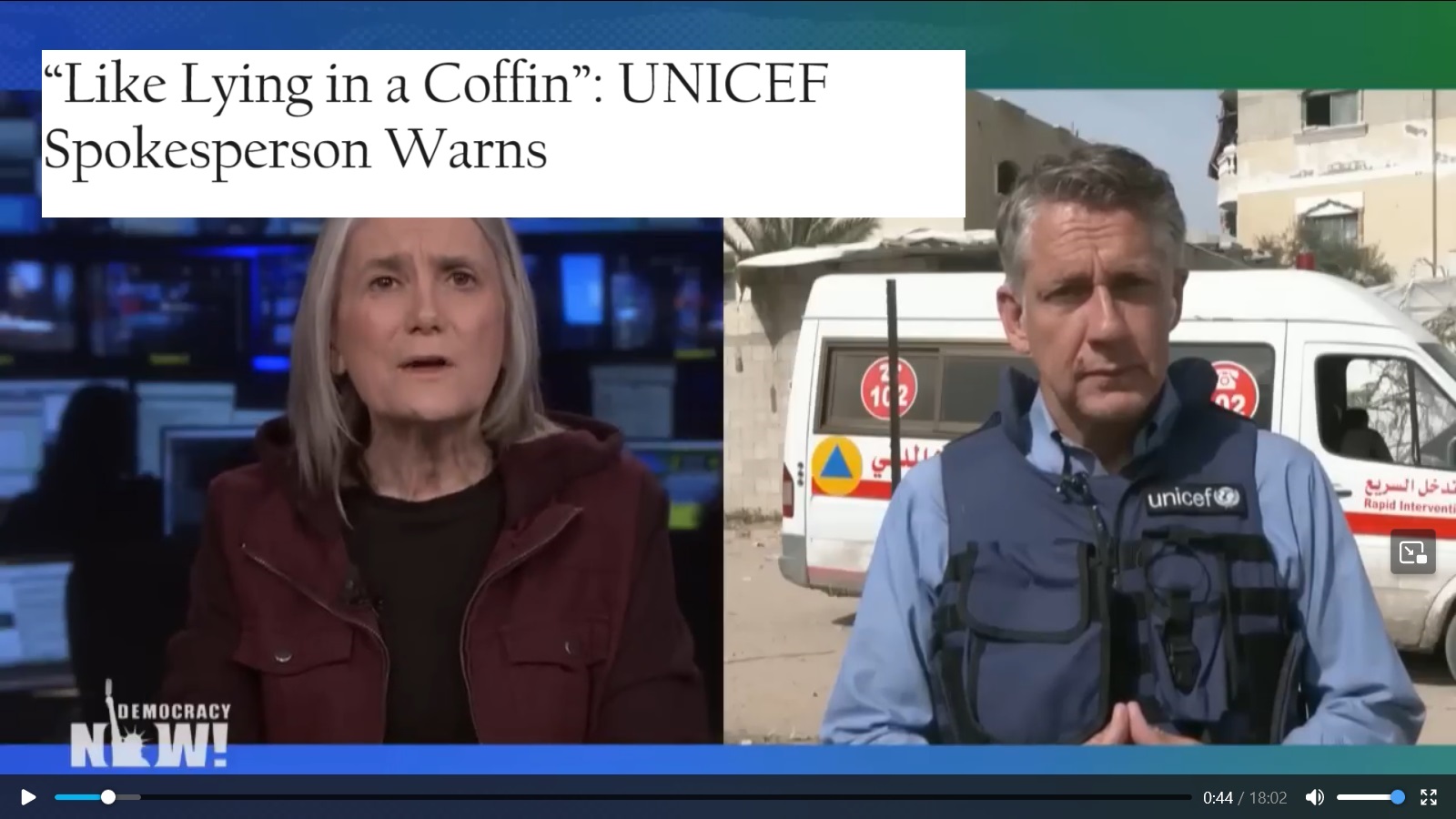
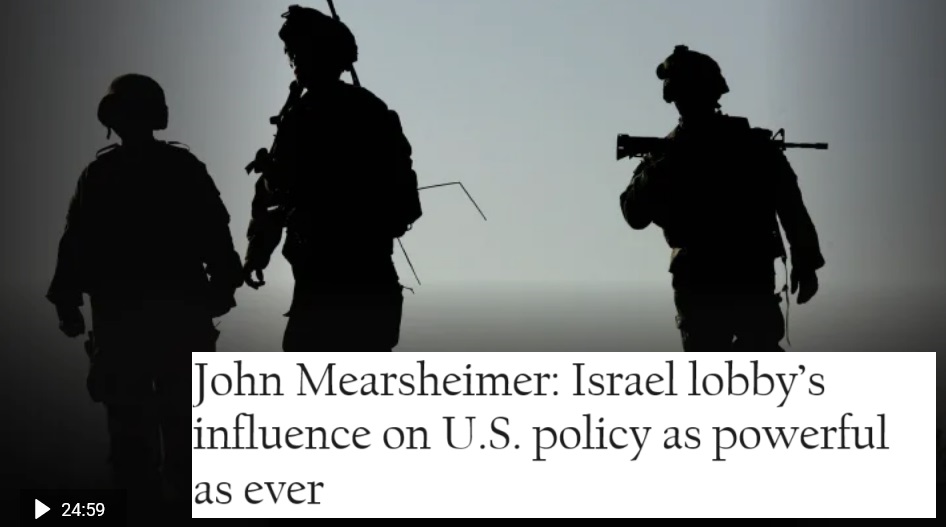
























Reader Comments